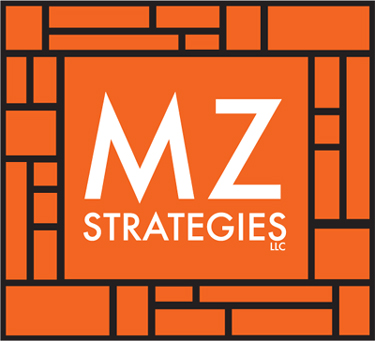Recapping the House Transportation Authorization Bill
This week the US House of Representatives did the once unthinkable and passed a six-year transportation bill. At best, the bill isn't as horrible as feared given the over 200 amendments filed to do things like eliminate transit and bike funding. In reality though, it's a missed opportunity on many levels and some of its small changes could have big impacts. On the flip side, in the same week local voters proved once more they want better transportation options and investments that prioritize people and communities.
Read More…